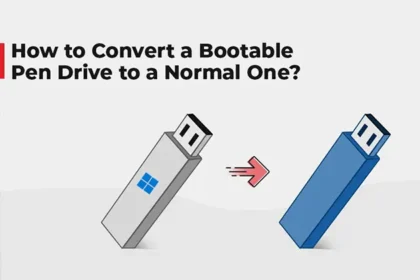A surety bond is a type of security that guarantees the performance of an obligation. This means that if you are given surety, and you fail to provide what was promised, your surety company will pay for damages up until the value of the surety bond. There are many types of surety bonds out there. This blog post goes over some different types and explains how they work!
What is a surety bond?
A surety bond is a type of security that guarantees the performance of an obligation. This means that if you are given surety, and you fail to provide what was promised, your surety company will pay for damages up until the value of the surety bond.
How does a surety bond work?
Sureties can be used to guarantee that you’ll perform as promised. These surety bonds are often required when working with big companies or clients, but they also make a great addition to any business looking to increase its credibility and trustworthiness!
Are surety bonds expensive?
Sureties can vary in price, surety companies will charge what they feel is fair for the risk.
What are some types of surety bonds?
There are different types of surety bonds, and they vary depending on the specific kind of business or transaction in question: commercial surety bond, public official surety bond, fidelity bond, and others. Commercial surety bonds are surety bonds that any business can use to contract with a client. A public official surety bond is used by elected officials or appointed individuals in the state, county, and local government offices.
Fidelity surety bonds are used for businesses where employees handle money transactions on behalf of employers, such as casinos. A third party fidelity bond refers to the surety company protecting an organization’s money or property. The surety will pay for any losses due to dishonesty, theft, and even cybercrime.
● Performance Bond
A performance bond guarantees that you’ll be able to provide a service or product as promised when needed. If you fail to do so, your surety company pays on your behalf with this surety.
● Payment Bond
A payment bond guarantees that you’ll pay a contractor for their work as promised when needed. If you fail to do so, your surety company pays on your behalf with this surety.
● Equipment Trust Certificate
An equipment trust certificate is a surety bond that holds the collateral of items used in daily operations until they are returned at the end of work.
● License and Permit Surety
A license and permit surety is a surety bond that allows you to acquire licenses or permits from the government as needed, such as for construction work or transportation services. If you fail to renew these documents by their expiration date, your surety company pays on your behalf with this surety.
Why use one type over the other?
The surety bond that you need to use depends on the type of surety. This is not to say that you cannot use one surety bond for another surety, as long as it meets your needs and requirements. The best way to know if a surety will work is by contacting seasoned experts and providing them with more information about what surety bond you are looking for. They can advise if it is possible to use one surety bond over another surety, or what other options there may be available.
What are surety bonds used for?
Sureties can be used to guarantee that you’ll perform as promised. These surety bonds are often required when working with big companies or clients, but they also make a great addition to any business looking to increase its credibility and trustworthiness!
What is surety bond coverage?
The surety bond amount is the maximum surety coverage that your surety company will provide if you fail to fulfill your contract.
What are some common uses of surety bonds?
Construction projects often require payment or performance sureties, as can equipment rentals. Businesses looking for government licensing may need a license and permit sureties to obtain these documents.
In what ways are surety bonds required?
Construction projects often require payment or performance sureties, as can equipment rentals. Businesses looking for government licensing may need a license and permit sureties to obtain these documents.
How to purchase a bond
To purchase a bond, you need to find a surety agency. You should ask your friends if they know any surety agencies to get one you can trust. To find surety bonds for businesses, you may have to do some research online or go through business directories that list surety companies by region and other variables. In this case, exploring online sources proves to be a good option. You can also contact surety agencies that you may have found through directories to ask for surety bonds.
Common misconceptions about bonds
When it comes to surety bonds, there are some common misconceptions that people have. These misconceptions might stem from things they heard or just their knowledge of surety bonds in general. Some of the most common ones include:
- A surety bond is the same thing as a performance bond – False
Surety bonds and performance bonds are two very different surety types.
- A surety bond is the same as a surety company – False
There may be some overlap between surety companies, but they aren’t necessarily the same. A surety company can write many different types of surety bonds.
- All you have to do is write a surety bond – False
Writing surety bonds is just one part of what surety companies do. Sureties also underwrite the risks that they’re insuring, handle claims and losses, monitor their clients to make sure they’re meeting certain standards, collect on debts when necessary, and more. This process can take anywhere from 30 to 90 days on average.

Surety bonds are a great way to protect both your company and the people that work for you. If you have any questions or concerns about surety bonds, don’t hesitate to contact seasoned professionals who will be able to shed light on this matter. They will be able to help answer all of your questions and determine which type is best suited for your needs!










